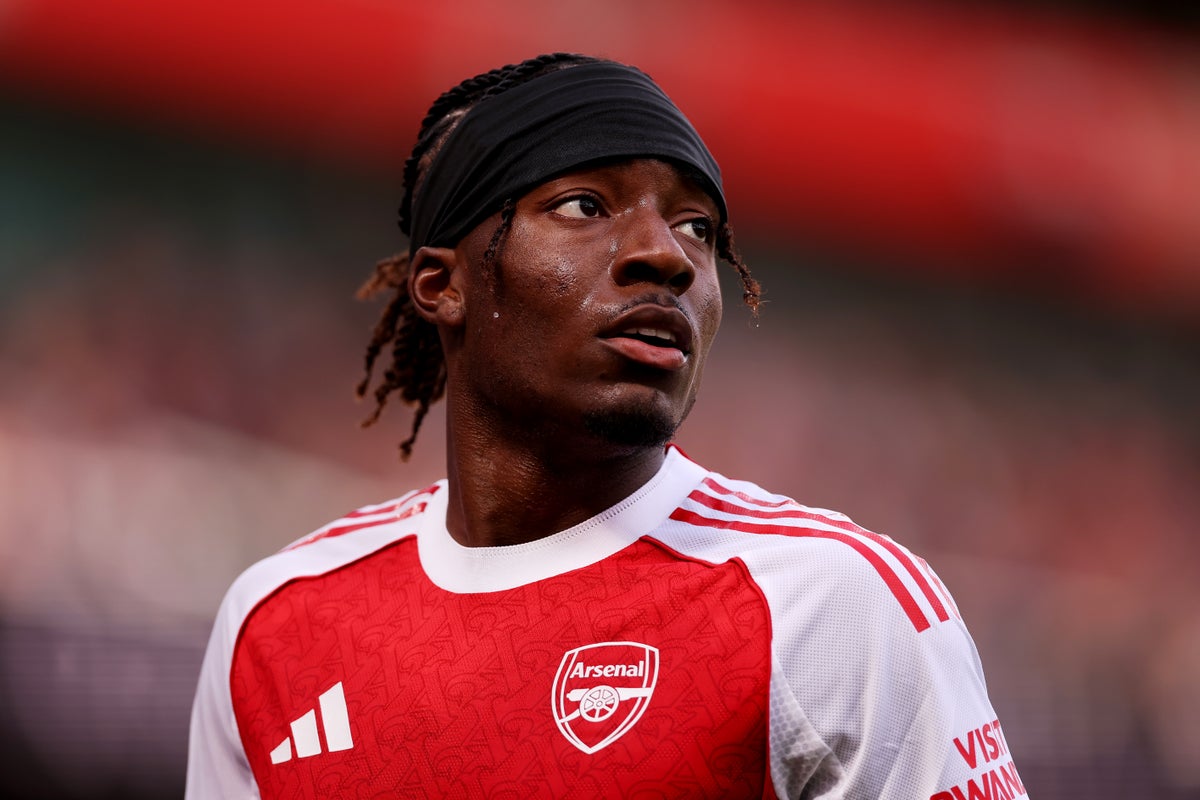What a paradox. Angela Rayner had long been poised to seize Keir Starmer’s crown, and yet the moment she left the government, the speculation about his future intensified.
She was too canny a politician to show overt disloyalty, and had even taken in recent months to saying that she didn’t want to be prime minister, but she was always the one that Starmer feared. All prime ministers worry about their job security more than outsiders think is justified. They imagine that they are going to be toppled at any moment, even when there are no outward signs of a threat to their position.
Suddenly, those inner fears are writ large in public, and Labour MPs are talking about when Starmer will go. The speculation is both vacuous froth and deeply damaging at the same time.
Who is the Labour MP who has said that Starmer “doesn’t seem up to the job” and that the party cannot carry on with him? It is Clive Lewis, a member of the 19-strong Socialist Campaign Group, which is always opposed to the leader, except when it was one of their own, Jeremy Corbyn.
And who is the Labour MP who is being touted in The Guardian as Starmer’s replacement? It is Andy Burnham, the mayor of Greater Manchester, who is not an MP. For him to become an MP and therefore eligible to take over would require him to win a by-election, and I am not sure that there is any seat in the country in which a Labour candidate would be safe from Nigel Farage’s party.
The closest Burnham is likely to get to No 10, it seems to me, would be getting Lucy Powell, his ally, elected as deputy leader of the party, which would give her a platform but no power.
What, above all, is the alternative programme that this spasm of discontent would like to see brought in to restore the government’s popularity and see off the threat from Farage? According to Emily Thornberry it is to “stop making mistakes”, which at least has the virtue of making logical sense, but she had to withdraw from the deputy leadership contest after securing fewer nominations than the Campaign Group candidate.
Otherwise, the ideological challenge to Starmer comes from a new group called Mainstream, which is supported by a roll call of the so-called soft left, starting with Burnham, taking in a range from former Corbynite Clive Lewis to former Blairite Geoff Mulgan, and ending with Neil Kinnock. It wants to lift the two-child limit on benefits, tax the rich even more and embrace “pluralism”, which I think means proportional representation.
Forgive my scepticism. Everyone is for reducing child poverty, even Farage, but few are keen to pay for it, preferring to tax Other People instead. Unfortunately, Rachel Reeves ran out of Other People to tax last year, so it is unclear what Mainstream’s programme would mean in practice.
Luke Akehurst, the Blairite MP for North Durham, got it right: “This project seems to be an attempt to revisit the political strategy that led Labour to a tragic general election defeat under Ed Miliband in 2015.” He said: “Soft-left politics might well pile up big Labour majorities in major cities and university towns, but it does not address the concerns of voters in middle England, the red wall or Scotland.”
That, then, is the plot to bring down Starmer. It doesn’t have a candidate, or a policy, or anyone to speak for it in public who isn’t a Corbynite.
So what is all the fuss about? It is about the fundamental principle of parliamentary democracy: that power lies with whoever commands the confidence of the majority of the House of Commons. It seems extraordinary, but we have already reached a point, 14 months after a huge election victory, where the confidence of Labour MPs in Starmer is so weak as to threaten his ability to get the normal business of government through parliament.
He has already U-turned on cutting pensioners’ winter fuel payments and making savings from disability benefits. Now he has appeared to vindicate the many Labour MPs who opposed the appointment of Peter Mandelson to Washington. One moment Starmer showed a sure political touch, turning Rayner’s fall into a chance to set the agenda with a bold reshuffle; but the next he seemed unable to read a piece of paper under his nose, defending Mandelson on Wednesday before sacking him on Thursday.
Most Labour MPs have a survival instinct strong enough to refuse to put their names to their dismay in public, but enough of them are prepared to say what they think to journalists unattributably to reveal the true state of the party’s morale. Some of them do not even say what they think, criticising Morgan McSweeney, the prime minister’s chief of staff, who made himself vulnerable by urging Starmer to appoint Mandelson, one of his mentors, in the first place and then to defend him, when Starmer had his doubts.
Criticising the king’s adviser is only an indirect way of criticising the king, however, and Starmer has to take responsibility for his choice of chief of staff.
Starmer’s situation is serious. The opposition to him in the party has no candidate and no policy. It has a semi-mythical king of the north on whom it projects its soft-left fantasies, and it has no policy on the one thing that really would cut the ground from under Farage’s feet, namely stopping the boats.
For the moment, Starmer is the best placed to defeat Farage at the next election, but Starmer’s own MPs in parliament do not believe in him any more, and are beginning to think that he will not last long as prime minister. Once that idea takes hold, anything can happen. With a Budget coming up, and no majority in the Commons for the spending cuts or tax rises needed, it could start to happen quite soon.





